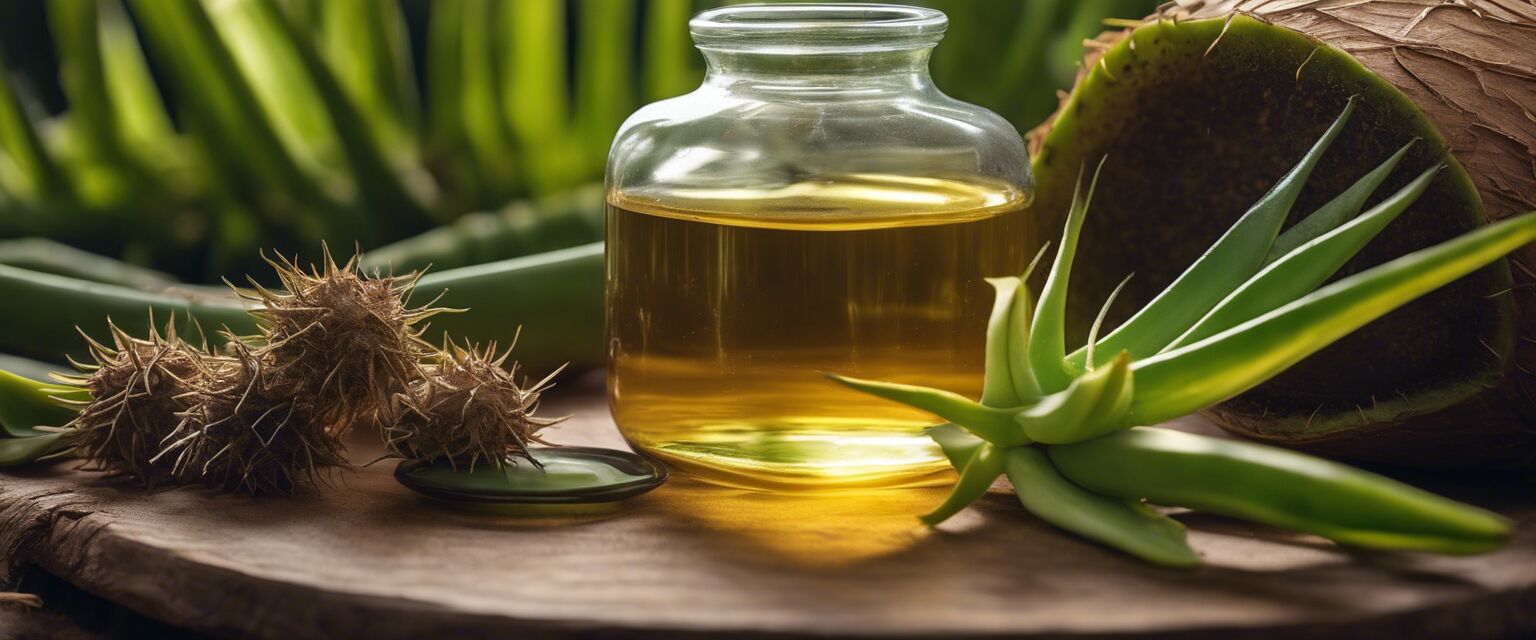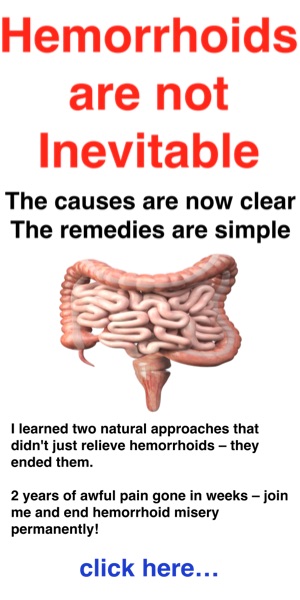
Dietary Changes for Hemorrhoid Relief
Key Takeaways
- A high-fiber diet can alleviate constipation and reduce hemorrhoid symptoms.
- Staying hydrated is essential for digestive health.
- Certain foods can help promote digestive regularity and reduce inflammation.
- Making small dietary adjustments can lead to significant improvements.
Diet plays a crucial role in managing the discomfort associated with hemorrhoids. By making specific dietary changes, individuals can alleviate their symptoms and promote overall digestive health. In this article, we will explore how various dietary changes can help with hemorrhoid relief.
Understanding Hemorrhoids
Hemorrhoids are swollen veins in the lower rectum and anus that can cause discomfort and pain. They can be triggered by a variety of factors, including diet. Understanding how diet affects hemorrhoids is the first step towards finding relief.
How diet affects hemorrhoids
Your diet can significantly influence the health of your digestive system. Here are several ways in which diet can impact hemorrhoid symptoms:
- Low fiber intake can lead to constipation, which increases straining during bowel movements.
- Dehydration can result in harder stools, making them more difficult to pass.
- Certain foods may irritate the digestive system and exacerbate symptoms.
Foods to Include for Hemorrhoid Relief
Incorporating specific foods into your diet can help manage hemorrhoid symptoms. Hereâs a comprehensive list:
| Food Group | Examples | Benefits |
|---|---|---|
| Fruits | Apples, pears, berries | High in fiber; helps soften stools. |
| Vegetables | Broccoli, carrots, leafy greens | Rich in vitamins and minerals; promotes digestive health. |
| Whole Grains | Oats, whole wheat bread, brown rice | High fiber content; reduces constipation. |
| Nuts and Seeds | Almonds, chia seeds, flaxseeds | Provides essential fatty acids; helps lubricate the intestines. |
| Legumes | Beans, lentils, chickpeas | High in fiber; supports bowel regularity. |
Hydration Techniques
Staying hydrated is vital for maintaining soft stools. Here are some hydration techniques to consider:
- Drink at least 8 glasses of water daily.
- Include hydrating foods like cucumbers and watermelon.
- Avoid excessive caffeine and alcohol, which can lead to dehydration.
For more tips on hydration, check out our section on Hydration Techniques.
Foods to Avoid
While some foods can help, others may exacerbate hemorrhoid symptoms. It's essential to limit or avoid:
- Processed foods high in sugar and fats.
- Spicy foods that may irritate the digestive tract.
- Alcohol, which can dehydrate the body.
Making Dietary Changes
Making dietary changes doesn't have to be overwhelming. Start with small adjustments and gradually incorporate more fiber-rich foods into your meals.
Tips for Beginners
- Start your day with a high-fiber breakfast, like oatmeal topped with fruits.
- Carry healthy snacks, such as nuts or fruits, to avoid unhealthy options.
- Introduce one new fiber-rich food at a time to see how your body reacts.
Conclusion
Incorporating dietary changes can significantly improve your comfort and health when dealing with hemorrhoids. Focus on a balanced diet rich in fiber, stay hydrated, and avoid trigger foods. For more information on other natural remedies, explore our categories on Herbal Remedies, Lifestyle Adjustments, and Sitz Baths.
Pros
- High fiber intake can alleviate constipation.
- Hydration helps maintain healthy bowel movements.
- Natural foods can promote overall digestive health.
Cons
- Some individuals may experience digestive discomfort when increasing fiber too quickly.
- It may take time to see improvements in symptoms.
Further Resources
To dive deeper into dietary changes and their effects on hemorrhoids, check out our other articles on:









